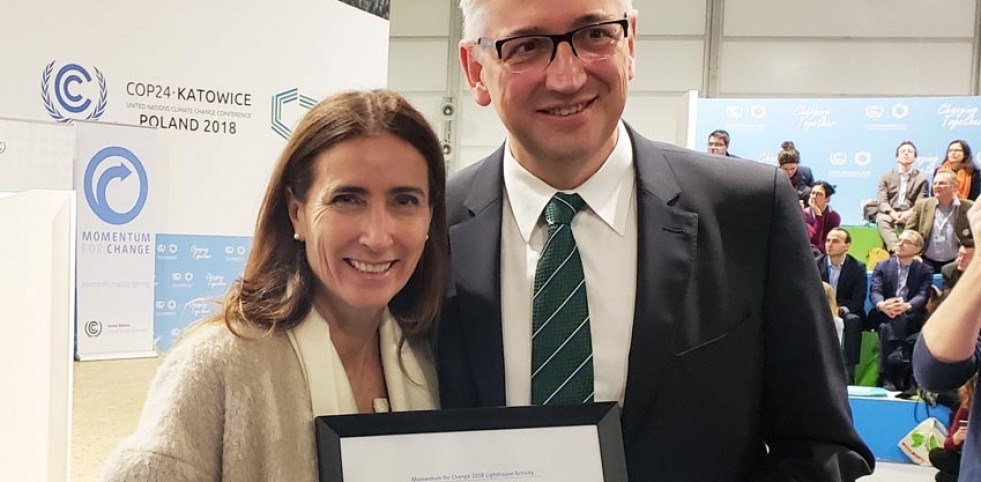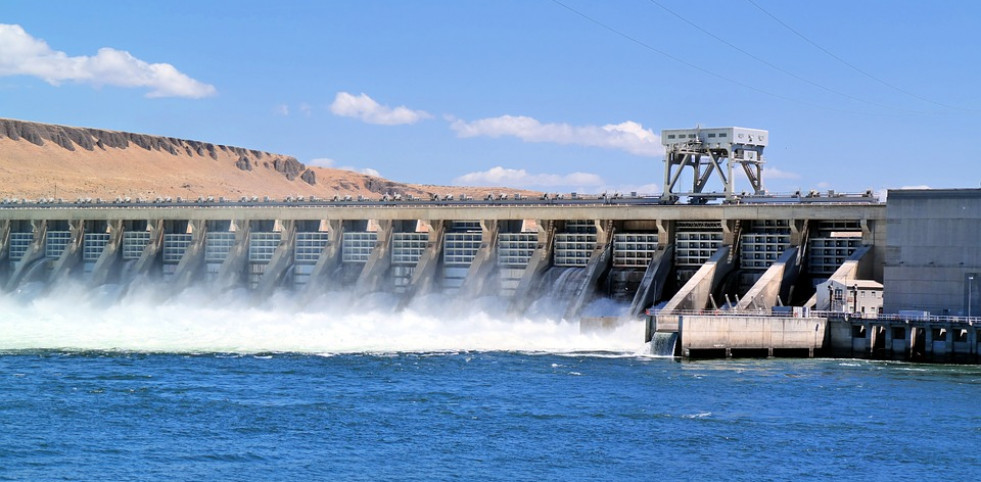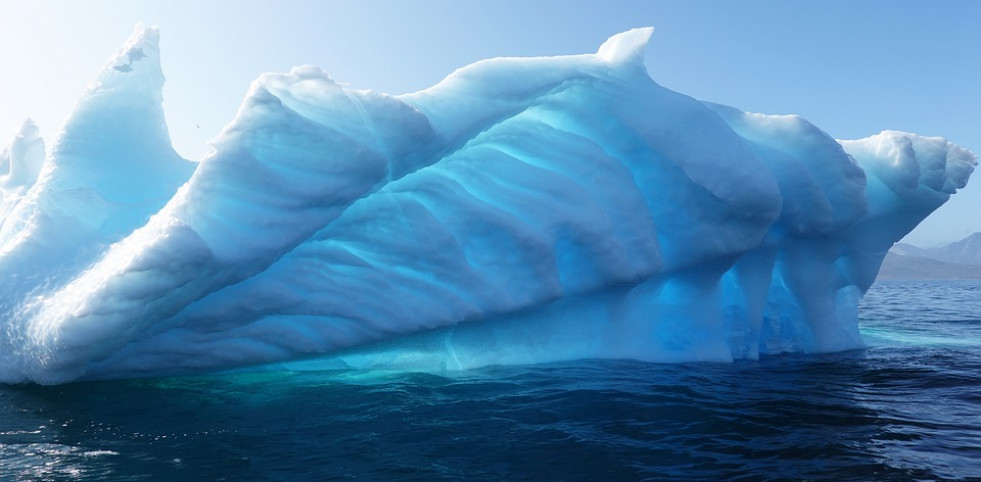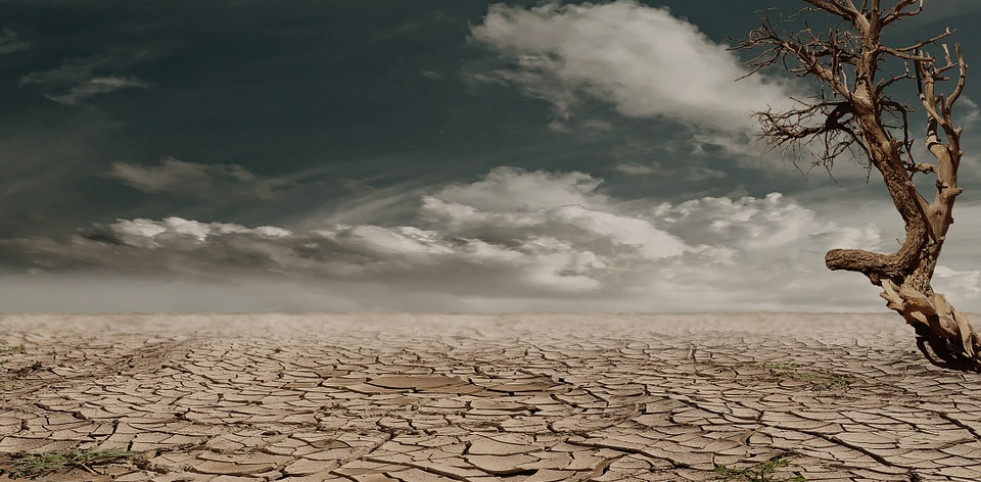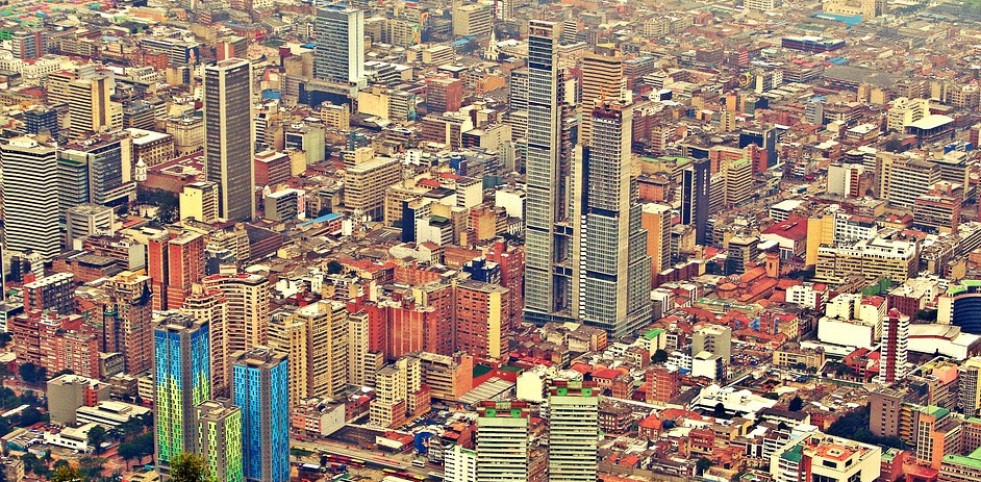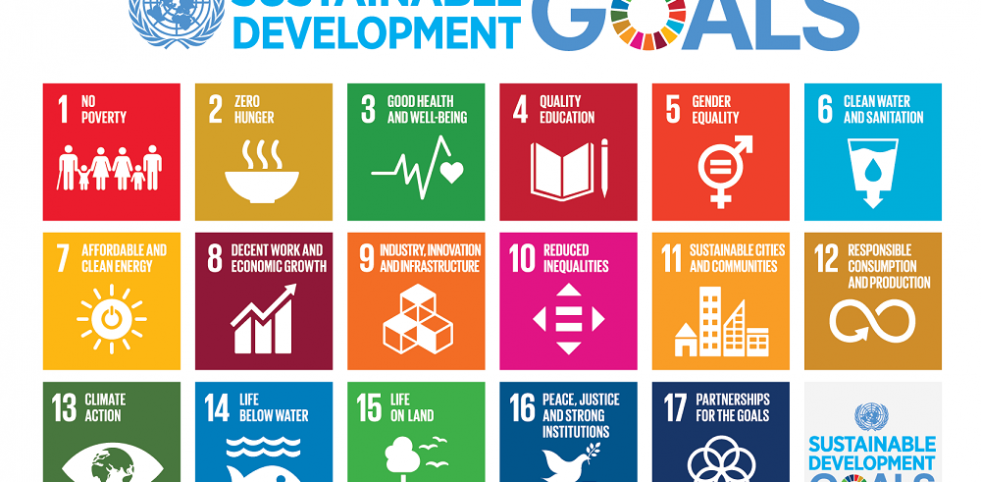news
Aguas Andinas has caused a paradigm shift by transforming three water treatment plants in Santiago into “biofactories”.
The negative effects of climate change on access to water in certain regions of the world.
The sanitation services management model implemented in Chile has achieved coverage and quality levels as in no other country in Latin America.
Interview with the responsible for the London Waste and Recycling Board's Circular Economy Programme and former director of the World Bank's Climate Change group.
Latin American countries possess a high volume of renewable water resources per capita
The urban water cycle in Chile presents different realities, taking into account the enormous geographical and climatic diversity.
Franz Rojas is coordinator of the Water Agenda and Vice President of Social Development of the Latin American development bank CAF.
Latin America needs to allocate 5% of its GDP over the next decade to improve transport, energy and telecommunications systems.
During the last four decades, we have exceeded our planet's capacity so much that we now have to act urgently to make that deficit good.
Richard Damania is a senior economic advisor to the World Bank and the world's leading economist in water practice at the World Bank.
The reduction of global greenhouse gas emissions is essential to be able to manage the risks of climate change throughout the world
"We have only got one planet". This is a phrase coined by Sergio Margulis, considered one of the leading experts in environmental economics in Brazil. Currently, he works as Senior Advisor of the Institute for Sustainability, based in Rio de Janeiro.
If the necessary resources are not allocated, it will be impossible to achieve the sustainable development goals.
THE ECONOMY JOURNAL
THE ECONOMY JOURNAL ALL RIGHTS RESERVED
Aviso legal - Política de Cookies - Política de Privacidad - Configuración de cookies



